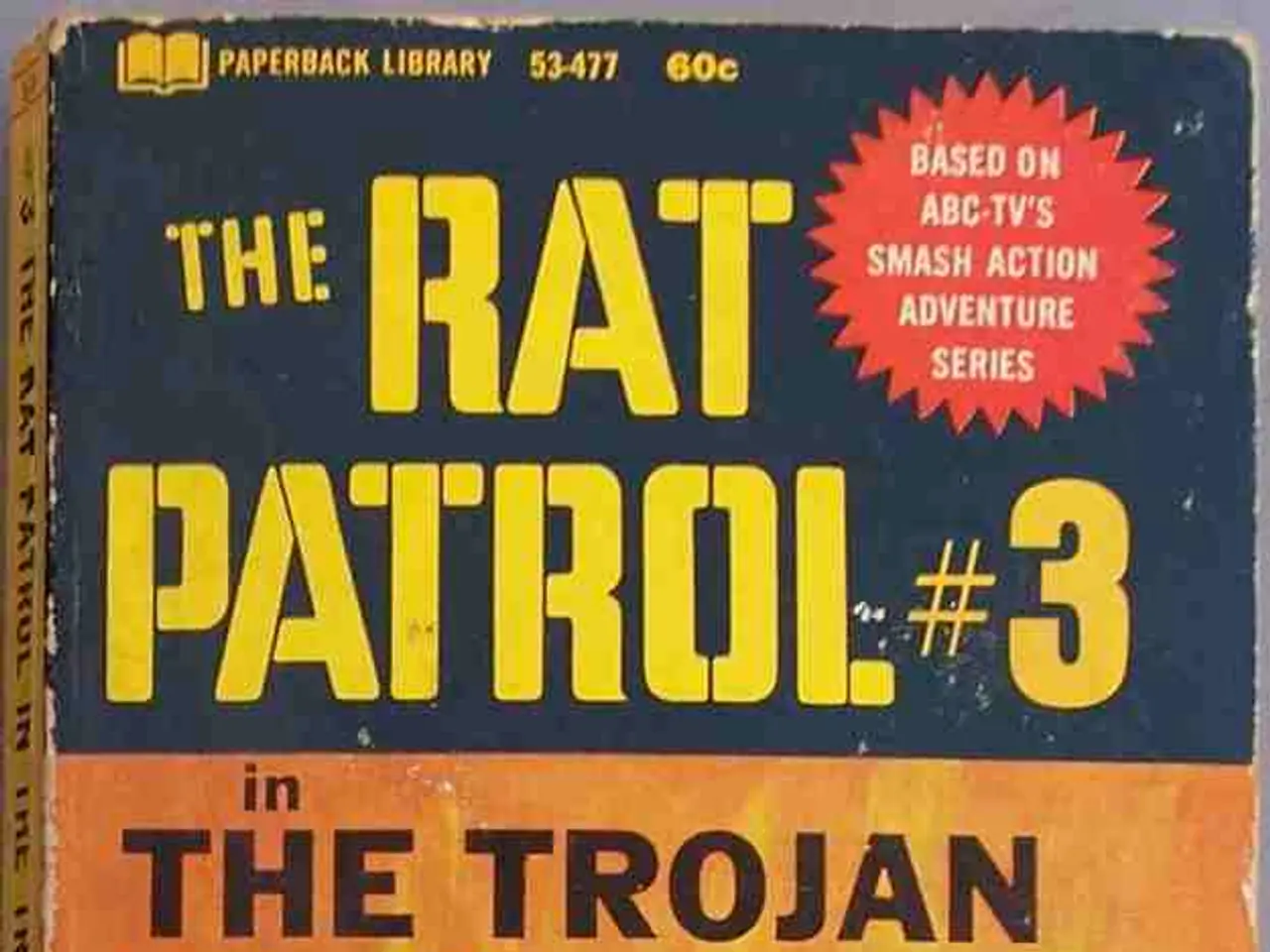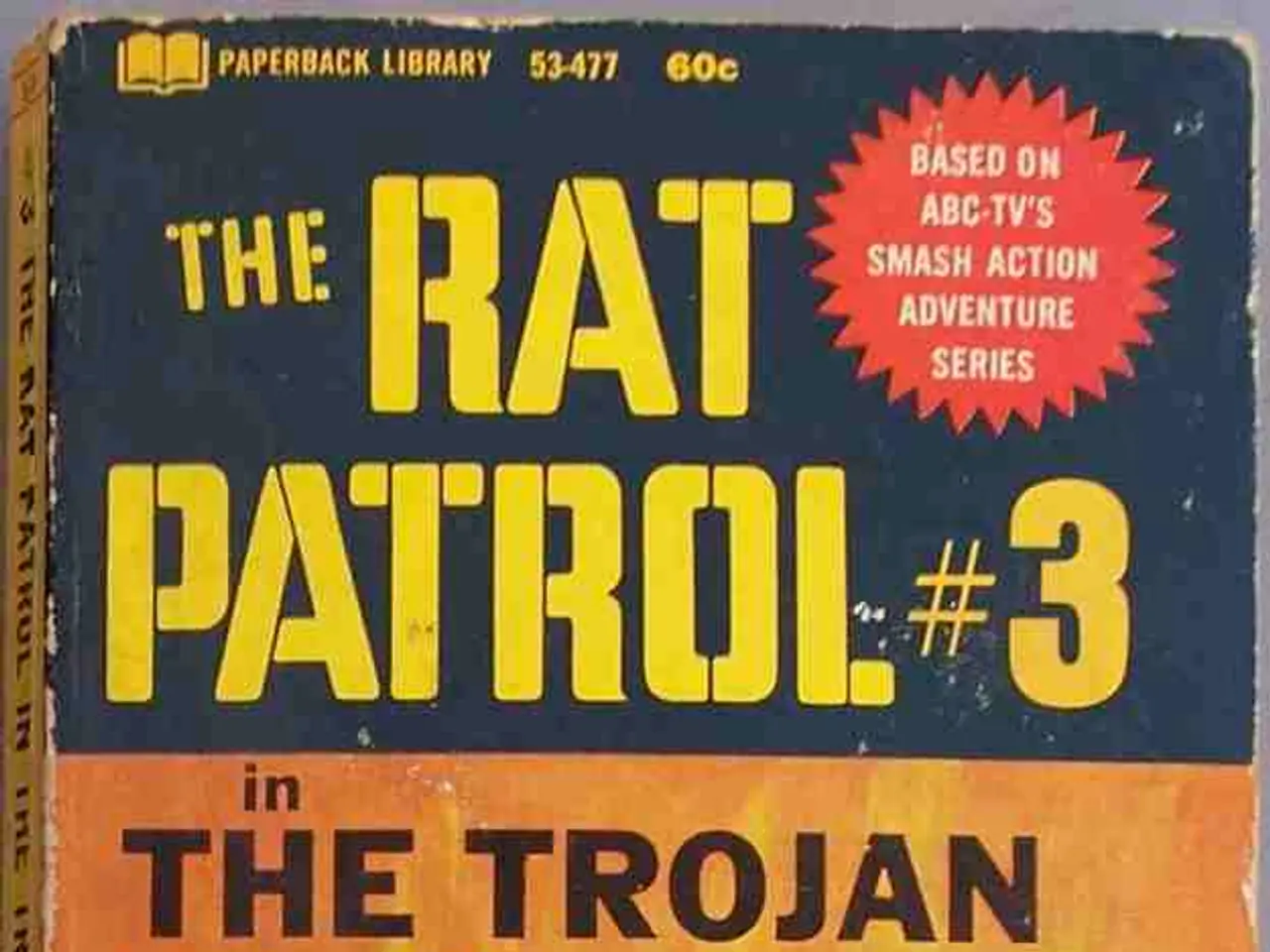U.S. imposes sanctions on Palestinian political figures for pursuing legal action
In the ongoing Israel-Palestine conflict, tensions have risen significantly as the United States faces criticism for its stance towards the Palestinian Authority (PA) and the Palestine Liberation Organization (PLO).
France, Canada, and 14 other countries have urged joint recognition of Palestine and an immediate ceasefire in Gaza, highlighting the international community's growing concern over the situation. However, the U.S., under its current administration, has been accused of undermining peace efforts.
The U.S. has been repeatedly criticized for vetoing international resolutions, blocking ceasefire efforts, and arming the Israeli military, despite evidence of war crimes, ethnic cleansing, and genocide against Palestinians. Since the outbreak of the Gaza war on October 7, 2023, Israel has faced accusations of crimes against humanity, with over 200,000 Palestinians killed or wounded and thousands still missing.
The U.S. has accused the Palestinian leadership of "supporting terrorism" and "undermining prospects for peace." In response, it has imposed sanctions against officials of the PA and PLO, accusing them of violating peace commitments by "internationalizing the conflict with Israel." These sanctions include visa restrictions on members of both the PA and PLO.
Palestinian leaders, including Wasel Abu Yousef, a member of the PLO Executive Committee, strongly condemned the U.S. move, calling it a "clear endorsement of Israel's genocidal war on Gaza" and an attempt "to erase the Palestinian cause." Abu Yousef stated that the sanctions are not about peace, but about silencing Palestinian rights, shielding Israel from accountability, and rewarding its crimes against the Palestinian people.
Critics accuse the U.S. of deepening the conflict by criminalizing Palestinian efforts to seek redress and justice, thereby dismantling the principles of international law. The U.S. actions are considered a threat to justice, peace, and global stability, as it punishes the victims of the conflict while empowering the occupying power.
The policy stance of the United States is perceived as a significant setback in achieving a just resolution to the Israel-Palestine conflict. Despite a stated commitment to a two-state solution, the U.S. has been accused of failing to effectively mediate, retreating from its commitment, and showing bias towards Israel. These actions have led to growing negative views of Israel among Americans and contributed to diplomatic friction with other countries.
As the conflict continues, the international community urges the U.S. to reconsider its stance, recognise Palestinian statehood, and work towards a peaceful resolution that respects the rights and dignity of all parties involved.
- The entertainment industry has been notably silent on the escalating Israel-Palestine conflict, and many question why they haven't used their platforms to call for peace and justice.
- Given the current situation, news channels are reporting extensively on the international community's attempts to broker a ceasefire and the UN's calls for politicians to address the ongoing violence.
- In light of the unfolding events, the science community is expressing concern about the long-term environmental impact of the war in Gaza, particularly on the region's water supply and the health of its inhabitants.
- As the Israeli-Palestinian conflict deepens, policy-and-legislation experts are debating the potential repercussions of the U.S.'s stance on the conflict for future diplomacy and the set precedent it has set.
- The Israeli-Palestinian conflict has resulted in a massive humanitarian crisis, raising questions about the future of business and economic growth in the region, as well as the impact on general-news headlines in the coming months and years.







